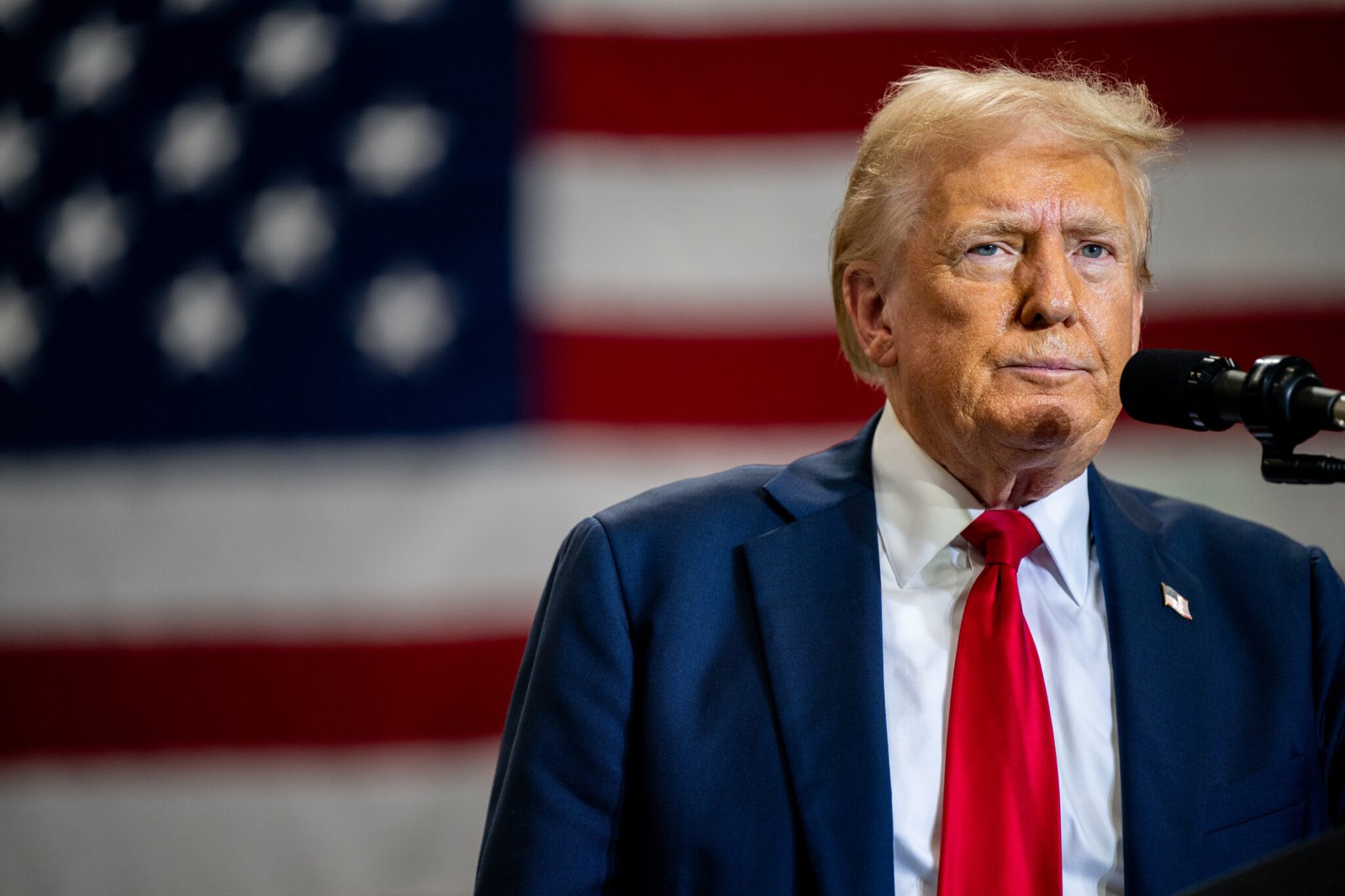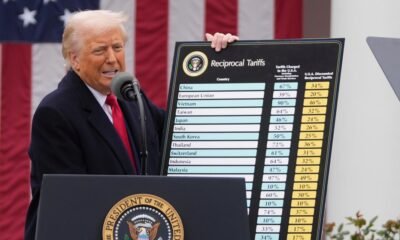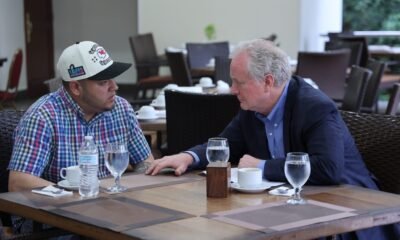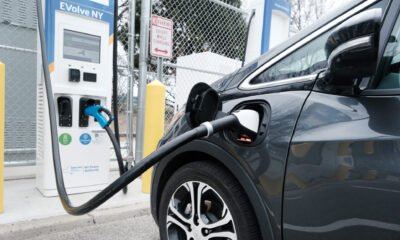2024 election
Trump Unleashes “Horrible” Tariffs on Imports, Dismissing Inflation Concerns

Republican presidential nominee Donald Trump defended his controversial tariff proposals in a recent interview hosted by the Economic Club of Chicago. He insists that claims regarding inflation and consumer price increases due to these tariffs are misguided and argues that such measures would bolster American manufacturing.
During the hour-long dialogue with Bloomberg Editor-in-Chief John Micklethwait, Trump was adamant that imposing higher tariffs would incentivize companies to relocate manufacturing to the United States, thereby avoiding the tariffs altogether. “The higher the tariff, the more likely it is that the company will come into the United States,” he stated.
Micklethwait raised concerns about the potential impact on consumer prices during the transition period. Trump acknowledged that tariffs could be set extremely high, citing figures of 100% to 200% on foreign-made goods as necessary incentives for manufacturers.
Following the interview, Joseph Costello, a spokesperson for the Harris-Walz 2024 campaign, criticized Trump’s performance, calling it a display of why Americans should be wary of a second Trump presidency. He characterized Trump’s statements as rambling and extreme, suggesting they would be unappealing to voters.
The conversation also delved deeper into economic repercussions, with Micklethwait questioning how tariffs could affect the 40 million jobs linked to trade in the U.S. He referenced historical concerns, notably the Smoot-Hawley Tariff, which has been linked to the onset of the Great Depression. Trump disagreed but did not elaborate on how his tariffs would avoid triggering a trade war.
Eminent economists have echoed Micklethwait’s concerns. Desmond Lachman of the American Enterprise Institute cautioned that implementing tariffs of 60% on imports from China could provoke retaliatory measures from other nations, potentially leading to significant disruptions in international trade and risking an economic downturn.
On the subject of fiscal policy, Trump expressed a desire for greater presidential influence over Federal Reserve decisions regarding interest rates. He refrained from confirming whether he would support current Chairman Jerome Powell’s continuation in office. “I think I have the right to put in comments as to whether or not interest rates should go up or down,” he remarked.
Trump sidestepped queries about any communication with Russian President Vladimir Putin during his time out of office, asserting the value of maintaining relationships with global leaders. He emphasized the importance of outreach, stating that being friendly is beneficial rather than detrimental.
Looking ahead at the presidential race, Trump speculated that key states like Pennsylvania, Michigan, and potentially Arizona would ultimately determine the outcome. Meanwhile, the Economic Club of Chicago announced plans to invite Democratic nominee Kamala Harris for a similar discussion.


















